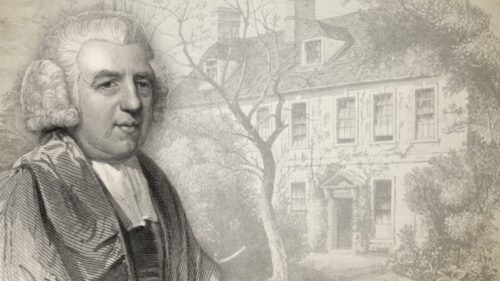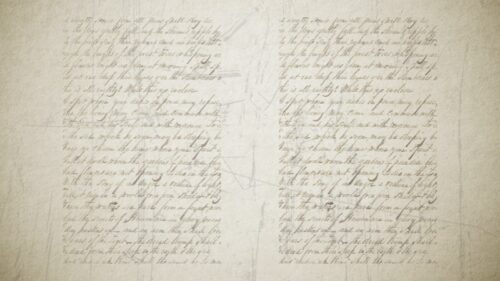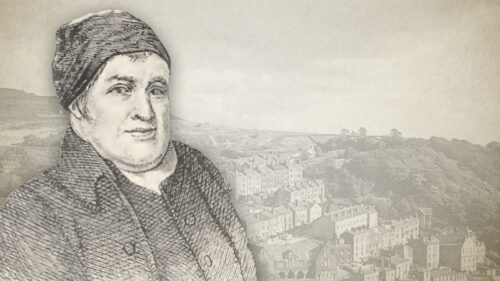Death Is No More A Frightful Foe
Some of the points covered in this sermon:
• Highlighting the subject and theme of the hymn—Death, an encouragement to the Lord’s people in prospect of their departure from this world
• Examining the teachings of Philippians 1:21, upon which the hymn is based—“For to me to live is Christ, and to die is gain.”
• Making three observations upon the first clause of the verse—(1) the essence of the believer’s life; (2) the object of the believer’s life; (3) the motivation of the believer’s life
• Explaining the last clause of the verse, in light of the foregoing observations
• Outlining the six stanzas of the hymn, each of which suggest a reason why the believer should not fear death
• Stanza 1: The Frightful Foe Of Death? So What, I Shall Reign With Christ!
• Stanza 2: The Ominous Spirit Of Fear? So What, I Shall Know It No More!
• Stanza 3: The Vile Corruption Of The Soul? So What, I Shall Be Freed From Sin!
• Stanza 4: The Regretful Inworkings Of Chastisement? So What, I Shall Wear An Everlasting Crown!
• Stanza 5: The Painful Sufferings Of Sorrow? So What, I Shall Exchange It For Joy!
• Stanza 6: The Unhealthy Attachments Of Worldly Affections? So What, I Shall Dwell Where Jesus Is!
William Horne (1773-1826) was an English Baptist preacher and hymn writer. John Gadsby wrote of him:
“Horne (William Wales) was born at Gissing, in Norfolk, in 1773. He commenced preaching when about 20 years old, and shortly afterwards settled over a Baptist church at Yarmouth, where he remained about five years, and then went to Leicester. Subsequently, about 1806, he removed to London. His practice was, to give a lecture at 7 in the morning at Limehouse; another at Trinity Hall, Aldersgate Street, at 11; another at Limehouse at 3; and again at Aldersgate Street in the evening, walking about 17 miles. The two churches were united in one a short time before his death, and assembled at Ebenezer Chapel, Commercial Road, where he preached until his death. He was afflicted with gout, dropsy, and finally consumption. He died July 27th, 1826.”
William Horne Hymn Studies






